 Reauthorizing the Elementary and Secondary Education Act (ESEA) has been at the top of lawmaker’s to-do lists since the 114th Congress began in January. Both the House Education and the Workforce (HEW) Committee and the Senate Health, Education, Labor, and Pensions (HELP) Committee have prioritized a complete overhaul of the law still known as No Child Left Behind (NCLB).  However, recent developments have slowed the process down and thrown ESEA’s reauthorization prospects into question.
Reauthorizing the Elementary and Secondary Education Act (ESEA) has been at the top of lawmaker’s to-do lists since the 114th Congress began in January. Both the House Education and the Workforce (HEW) Committee and the Senate Health, Education, Labor, and Pensions (HELP) Committee have prioritized a complete overhaul of the law still known as No Child Left Behind (NCLB).  However, recent developments have slowed the process down and thrown ESEA’s reauthorization prospects into question.
In the House, HEW Chairman John Kline (R-MN) reintroduced the Student Success Act (H.R. 5)— legislation that was passed by the House in 2013. With a few modifications and small changes, H.R. 5 cleared the HEW Committee earlier this month on a strict party line vote and is now under full consideration by the House. Overall the bill would significantly roll back the federal role in K-12 education and would make a number of substantial changes to NCLB’s current structure (more information on the bill can be found here).
Late last week, the House considered 44 amendments to the legislation focused on a wide range of issues. One of the most significant amendments adopted came from Rep. Bob Goodlattee (R-VA) which would allow local school districts to develop and use their own assessments in lieu of state tests. In total a dozen amendments were adopted, including one from Rep. Langevin (D-RI) and Rep. Thompson (R-PA) that would afford states additional flexibility to use Title I funding for work-based learning opportunities—a measure that NASDCTEc has been supportive of.
Despite several veto threats from the Obama Administration and vehement opposition from House Democrats, H.R. 5 seemed to be moving along to final passage late Friday afternoon. However in a surprise move, conservative groups began opposing the legislation for not going far enough to limit the federal role in K-12 education. With no Democratic support for the bill to count on, House Republican leaders were forced to delay consideration of the legislation for a yet-to-be determined period of time. The longer this delay lasts, the more unlikely passage of H.R. 5 becomes. As some have already pointed out, failure to pass a rewrite of ESEA will only perpetuate the U.S. Department of Education’s current waiver framework— an increasingly unpopular (at least among members of Congress) series of state waivers  from certain elements of NCLB.
In the Senate, Chairman Lamar Alexander (R-TN) released a discussion draft for the reauthorization of ESEA and opened up the draft for public input last month. Like H.R. 5, this proposal would also significantly limit the federal role in K-12 education and seeks to increase flexibility for state and local decision making. Titled the “Every Child Ready for College or Career Act of 2015,†the bill would eliminate the Adequate Yearly Progress and Highly Qualified Teacher provisions of NCLB— a proposal NASDCTEc has long championed for throughout the reauthorization process. However, the draft would eliminate the Elementary and Secondary School Counseling program and has little to say regarding the importance of career readiness for the nation’s students— two issues that still need to be addressed as the bill continues to take shape.
The draft served as the basis for several HELP committee hearings on ESEA reauthorization over the past few months and received lots of attention following its release despite its lack of Senate Democrats’ input. More recently, HELP Committee Chairman Alexander and Ranking Member Patty Murray (D-WA) announced their intent to negotiate a bipartisan bill to reauthorize the law— a process that is still underway between the two. Nevertheless, the Committee remains optimistic that they will begin mark-up of a bipartisan bill sometime by the second week in March. As this process and more unfolds over the coming weeks and months, stay tuned here for updates and impacts as they relate to the CTE community.
Senators Introduce the Career Ready Act of 2015
Earlier this month Senators Tim Kaine (D-VA), Tammy Baldwin (D-WI) and Rob Portman (R-OH) and co-chairs of the bipartisan Senate Career Technical Education (CTE) Caucus introduced the Career Ready Act of 2015 (CRA), a bill that seeks to promote career readiness in secondary school and helps to better align the Elementary and Secondary Education Act (ESEA) with the Carl D. Perkins CTE Act (Perkins).
Specifically the bill would encourage states to incorporate multiple indicators of career readiness within their accountability systems and make this information available for public use and consumption. As NASDCTEc and Achieve’s 2014 report pointed out last year, nearly half of states already have such indicators within their systems. The bill would also align career exploration course offerings and counseling to the needs of the local and regional economy and would encourage greater collaboration between ESEA, Perkins, and the recently passed Workforce Innovation and Opportunity Act (WIOA).
Additionally, CRA would strengthen the existing Elementary and Secondary School Counseling grant program— an existing program under ESEA— by encouraging a stronger focus on career counseling, providing relevant professional development opportunities for counselors to use labor market information, and to build collaborative partnerships between community stakeholder groups such as schools, businesses, and local workforce investment boards.
While the bill amends current law, the sponsors of the bill hope to incorporate aspects of this legislation into the wider ESEA reauthorization process. NASDCTEc proudly endorses this legislation and remains hopeful that Career Ready Act of 2015 will be used to infuse a newly reauthorized ESEA with stronger career readiness components. Late last week, NASDCTEc moderated a Senate CTE Caucus discussion panel exploring these issues at great length and looked for ways to support collaborative alignment between the Perkins Act and ESEA. The text of the bill can be accessed here.
A Busy CTE Month in Congress Comes to a Close
February typically ushers in some of the coldest months of winter, but it also marks CTE month— an entire month dedicated to lifting up and celebrating Career Technical Education around the nation. Congressional CTE champions in both the House and the Senate have been busy these past few weeks vocalizing their support and formally introducing resolutions acknowledging the occasion.
At the beginning of the month Project Lead the Way (PLTW) co-hosted a CTE and STEM Reception on Capitol Hill in conjunction with the Senate CTE Caucus and the Association of Career and Technical Education (ACTE). Senators and their staff had the opportunity to see first-hand some of the wonderful work on display by PLTW students from Maryland, Virginia, and DC.
Further into the month, the House CTE Caucus hosted a briefing titled “CTE 101: The Nuts & Bolts of Establishing a Qualified Workforce†which was co-hosted by Caucus co-chairs Reps. Jim Langevin (D-RI) and Glenn “GT†Thompson (R-PA). Kicking off the event, Congressman Thompson spoke at length about the value of CTE to every Congressional district and the need to strengthen and renew the Perkins Act. NASDCTEc Executive Director Kimberly Green participated in this panel and provided an overview of CTE’s evolution over the past decade as well as priorities for Perkins reauthorization. The co-Chairs also took to the House floor in support of CTE and CTE month— their statements can be found here and here.
Odds & Ends
- Earlier this month, NASDCTEc joined nondefence discretionary (NDD) United— a national group of organizations dedicated to ending sequestration— in sending a letter to congress highlighting the harmful effects of the sequester on programs like the Perkins Act ahead of the Congressional FY 2016 budget and appropriations cycle. Read the letter here.
- The U.S. Department of Labor (DOL) released its Training and Employment Guidance Letter (TEGL) No. 19-14 this month in anticipation of a wider release for guidance and regulations for state and local implementation of the Workforce Innovation and Opportunity Act (WIOA). Read the letter here.
- The National Center for Education Statistics (NCES) released the fifth iteration of the Common Education Data Standards (CEDS) 5.0— a set of definitions used in the data collection such as statewide longitudinal data systems. The new standards add additional elements of interest to the CTE community such as participation in career pathways systems and are located here.
- The U.S. Department of Education (ED) recently released a new toolkit for establishing and sustaining employer-educator partnerships. Learn more about the initiative here.
Steve Voytek, Government Relations ManagerÂ
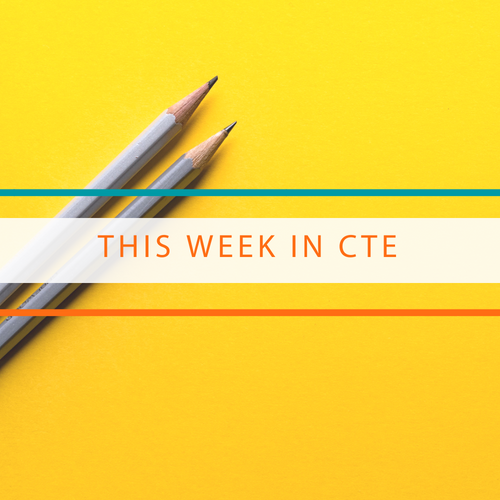 While stakeholders across the Career Technical Education (CTE) continuum celebrate CTE Month®, Advance CTE will join in the celebration by uplifting Career Technical Student Organization (CTSO) student leaders and their national advocacy weeks.
While stakeholders across the Career Technical Education (CTE) continuum celebrate CTE Month®, Advance CTE will join in the celebration by uplifting Career Technical Student Organization (CTSO) student leaders and their national advocacy weeks. 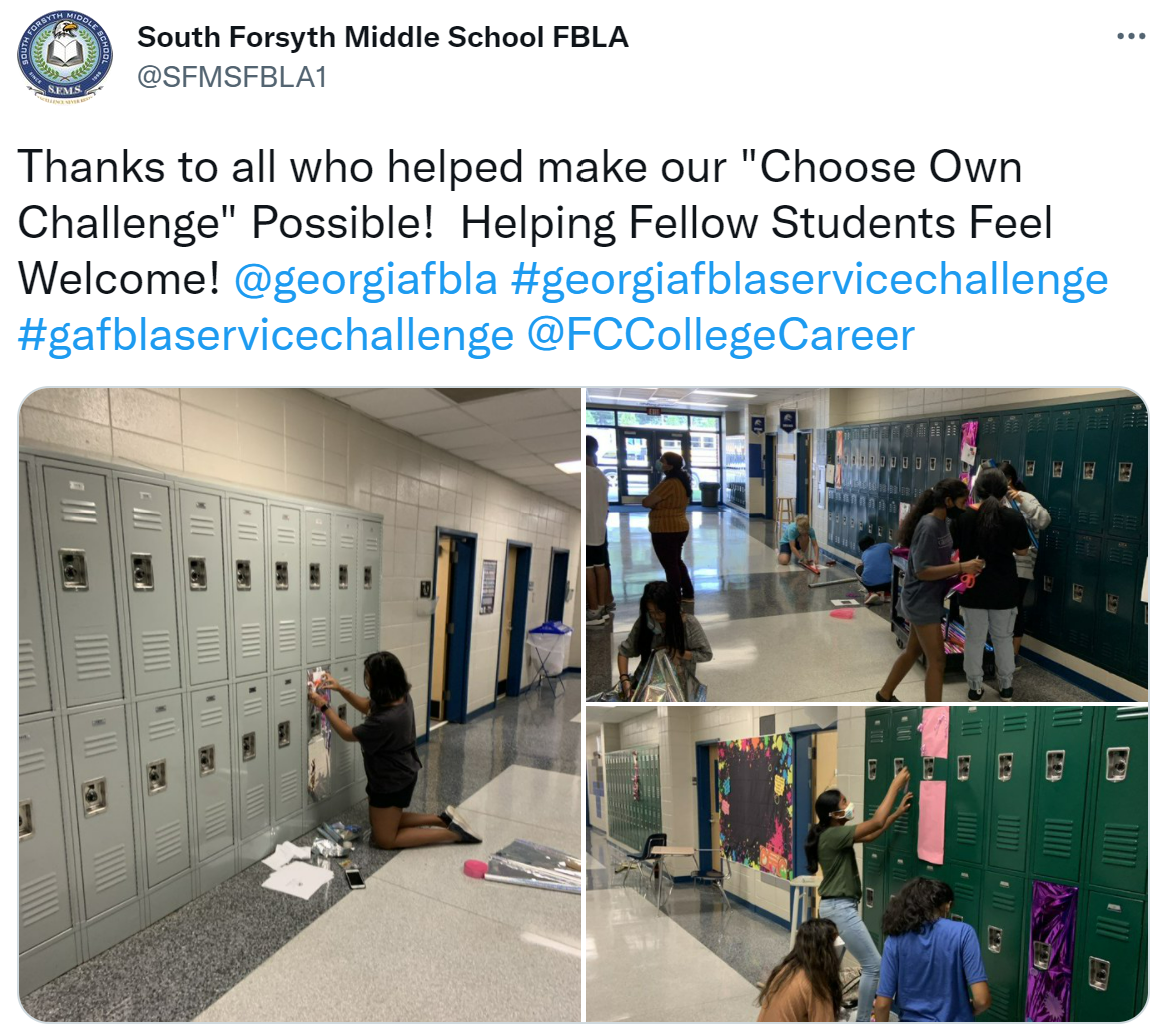 CTSO leaders can be impactful ambassadors to help each learner feel welcome not only in CTE, but in their school and community. FBLA members at a Georgia middle school used their state chapter’s monthly service challenge as an opportunity to help fellow students feel seen and welcome.
CTSO leaders can be impactful ambassadors to help each learner feel welcome not only in CTE, but in their school and community. FBLA members at a Georgia middle school used their state chapter’s monthly service challenge as an opportunity to help fellow students feel seen and welcome. 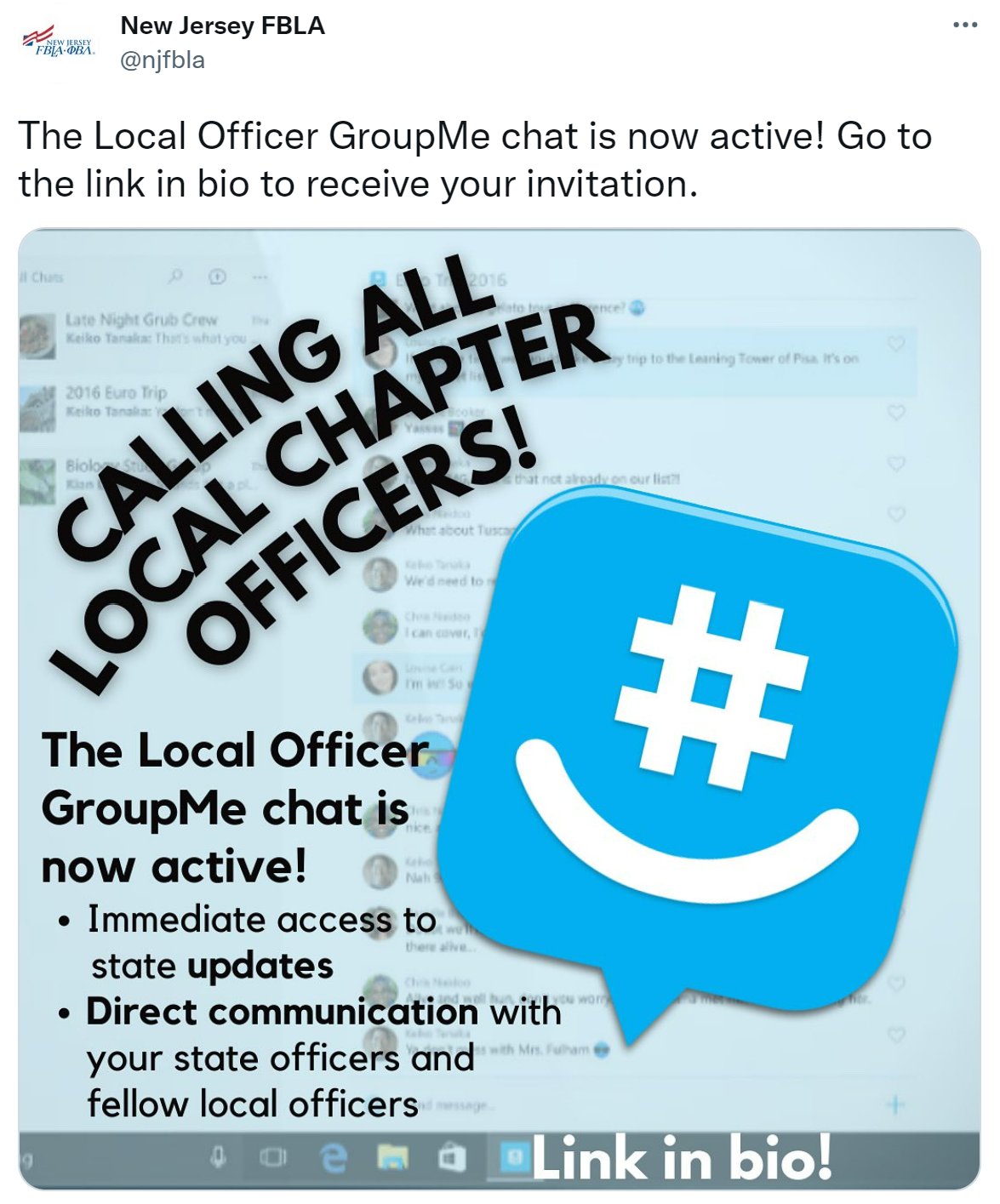 Meaningful connections are also being pursued through programs at the state level, such as New Jersey FBLA’s Chapter Connections initiative and local chapter texting group.
Meaningful connections are also being pursued through programs at the state level, such as New Jersey FBLA’s Chapter Connections initiative and local chapter texting group. 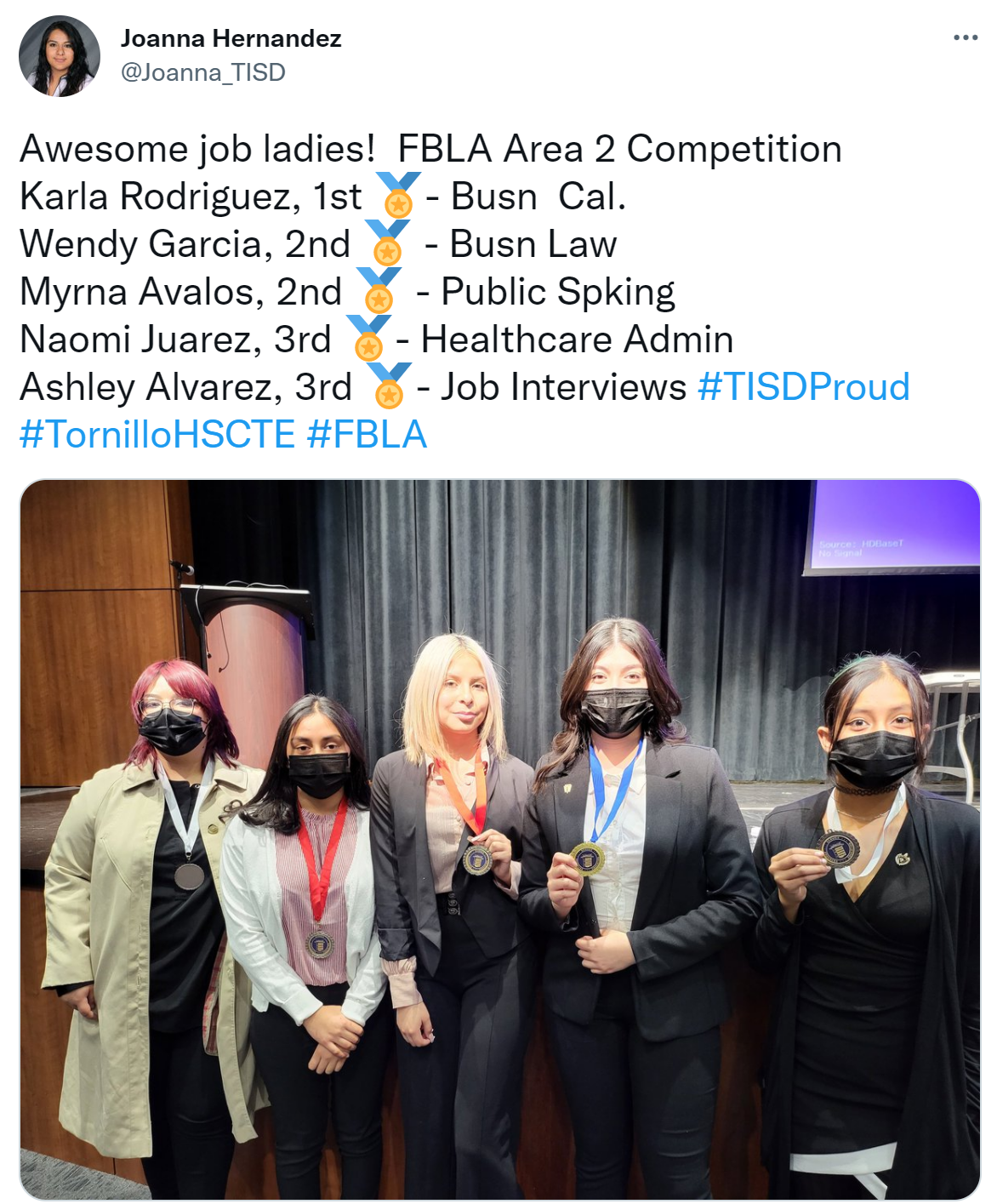 Over the past several weeks, FBLA-PBL members from across the country have demonstrated their skill competencies and high-quality CTE-focused projects through competitions at the area and regional level. Learners receiving top awards will compete at the state and national level to inspire and advance high-quality CTE without limits.
Over the past several weeks, FBLA-PBL members from across the country have demonstrated their skill competencies and high-quality CTE-focused projects through competitions at the area and regional level. Learners receiving top awards will compete at the state and national level to inspire and advance high-quality CTE without limits. 



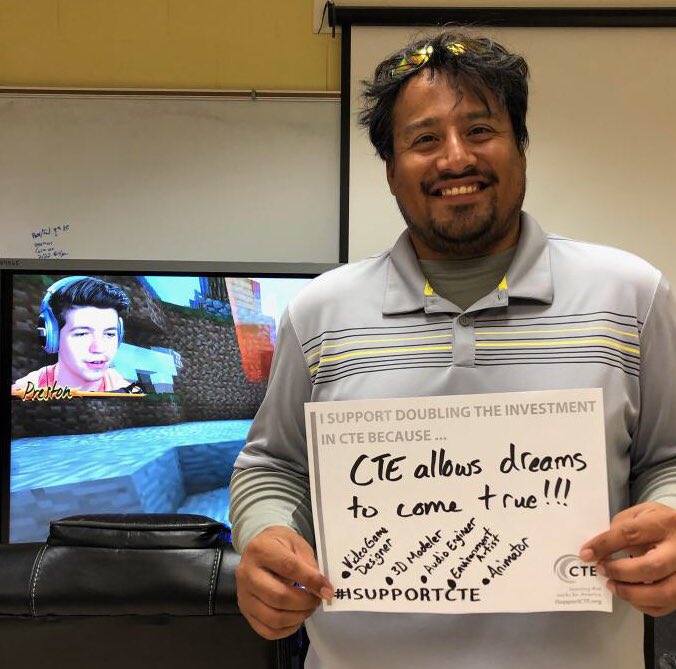
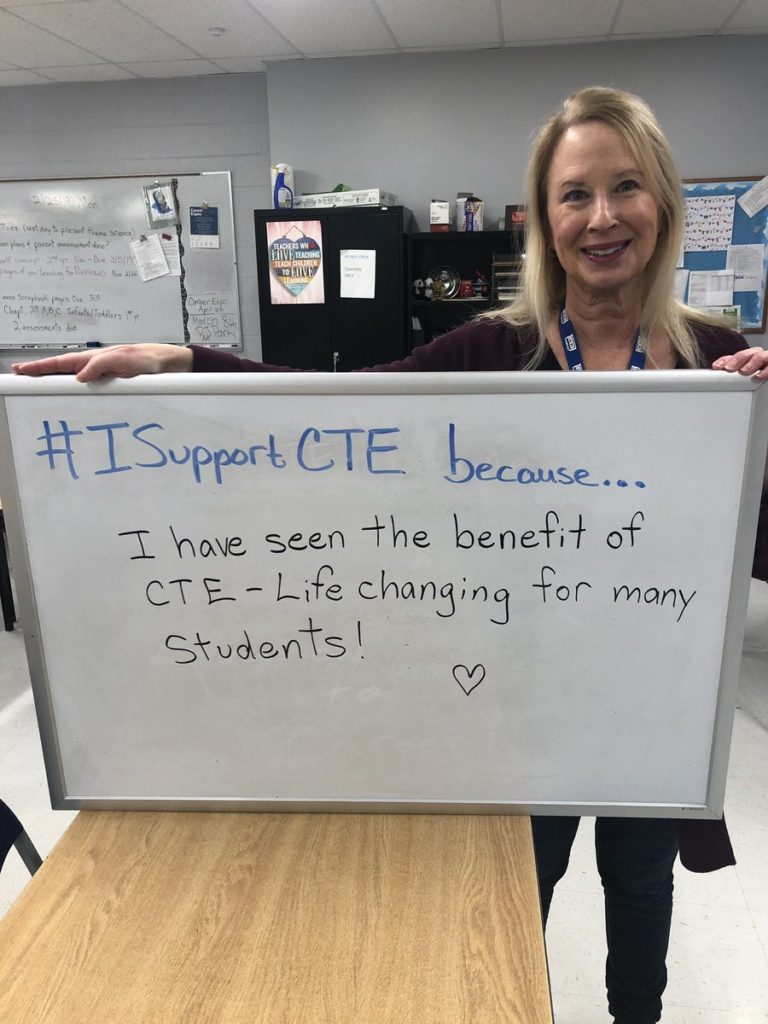
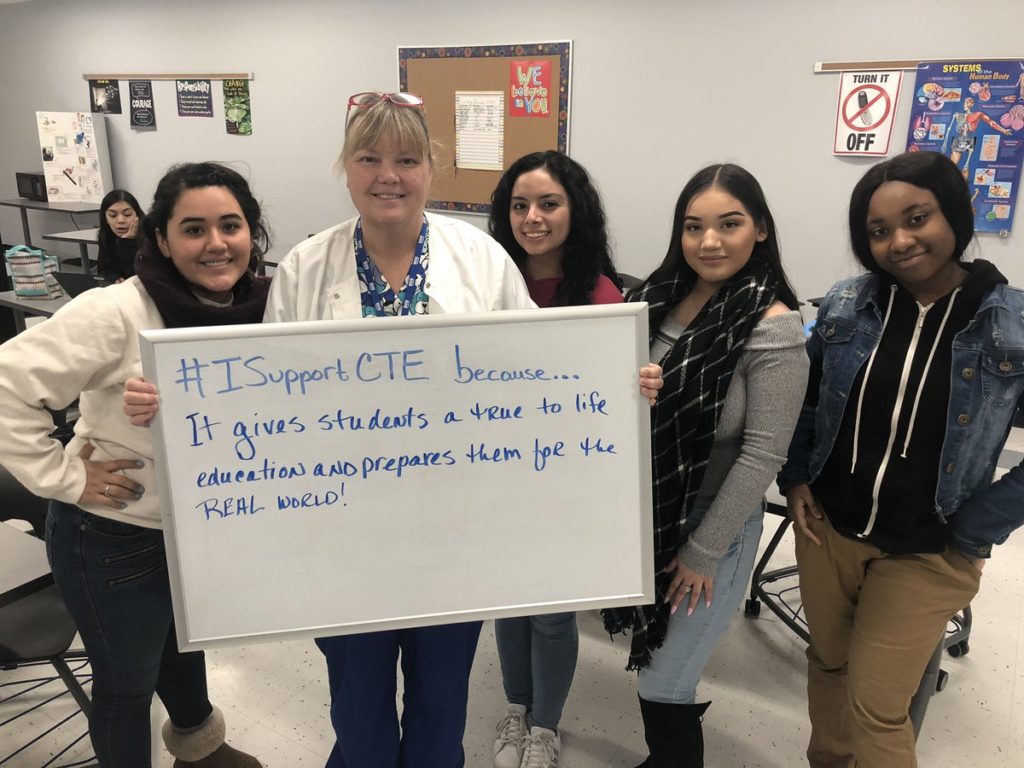
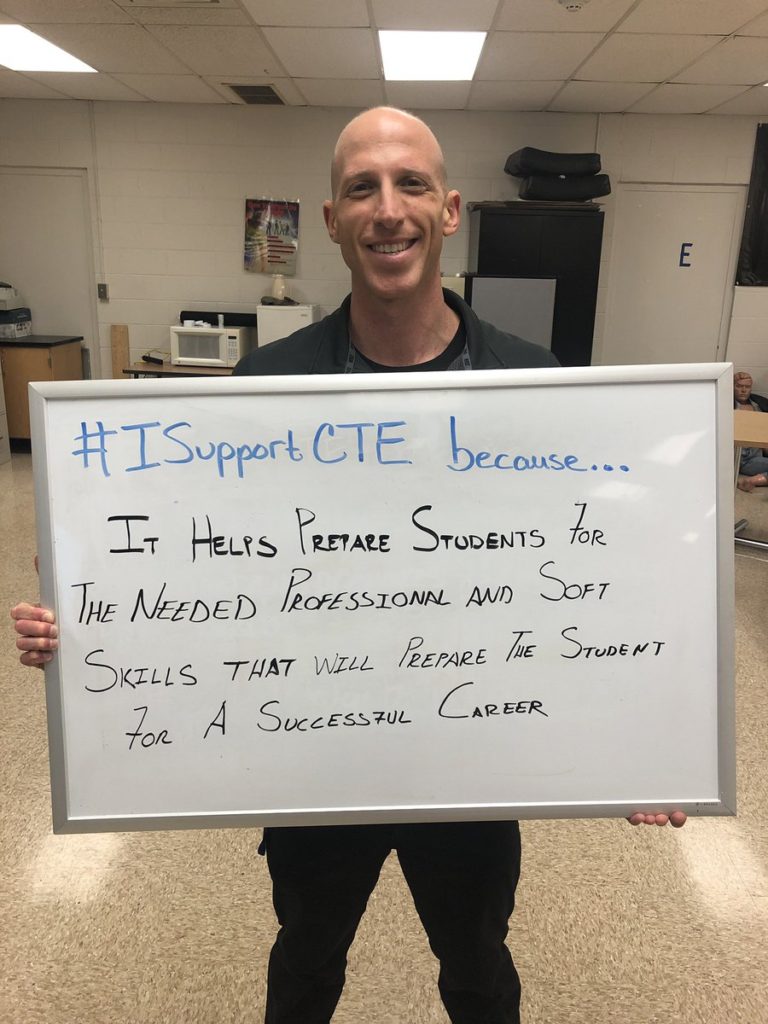
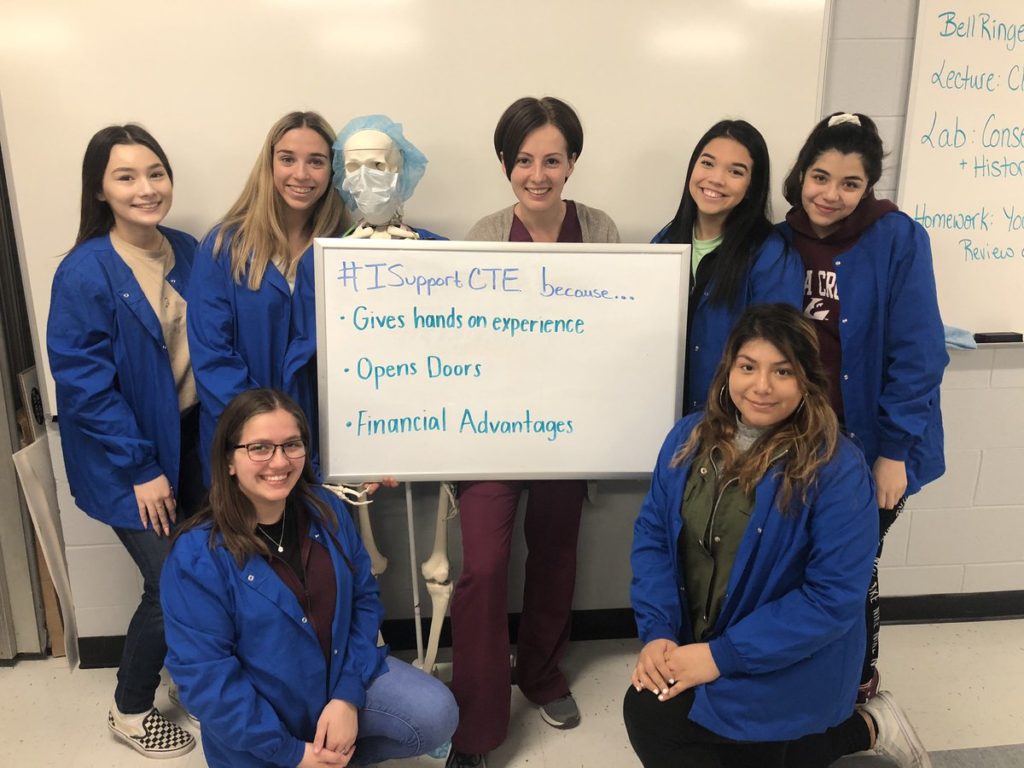

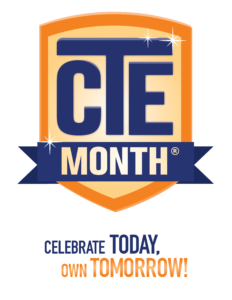 Read these student blogs and media stories to learn more about learner experiences:
Read these student blogs and media stories to learn more about learner experiences:  After a contentious confirmation hearing and an unprecedented vote requiring Vice President Mike Pence to break a Senate tie, Betsy DeVos was confirmed as President Donald Trump’s Secretary of Education on February 7. In her first weeks on the job, Secretary DeVos
After a contentious confirmation hearing and an unprecedented vote requiring Vice President Mike Pence to break a Senate tie, Betsy DeVos was confirmed as President Donald Trump’s Secretary of Education on February 7. In her first weeks on the job, Secretary DeVos 

